A Hong Kong court on Thursday found 14 of 16 defendants guilty in the city’s largest national security case. The defendants, a group of prominent pro-democracy activists, had pleaded not guilty to “conspiracy to commit subversion” under the stringent national security law imposed by Beijing in June 2020. The West Kowloon Magistrates’ Court convicted most of them, but acquitted two former district councilors, Lawrence Lau Wai-chung and Lee Yue-shun.
The accused are part of the “Hong Kong 47” or “HK47” group—47 democrats charged for holding unofficial primaries in July 2020 to select candidates for the Legislative Council election, originally set for September that year but postponed to December 2021. The election system was revamped to only allow “patriots” to run, as defined by Beijing.
Out of 55 originally arrested on January 6, 2021, for organizing or participating in the primaries, 47 were officially charged and 31 pleaded guilty. The trial of the remaining 16 is widely seen as a landmark case under Hong Kong’s new legal order since the security law’s imposition following citywide mass protests in 2019.
The judges ruled that prosecutors “do not need to prove” the legality of the means employed by the defendants, stating that illegal means can include not only “criminal behaviors but also encompass other behaviors and activities with intentions to subvert state power.” The court asserted that the defendants’ intention to form a majority in the legislature and challenge the government’s budget proposal violated the Basic Law, the city’s constitution.
“This would undermine the power and authority of the government and the chief executive,” the court statement said. Parliamentary privilege did not fully apply in this case.
The court adjourned until 2:30 p.m. The defendants could face up to life imprisonment, the heaviest legal penalty in the territory, which does not have capital punishment.
Maya Wang, acting China director at Human Rights Watch, criticized the ruling, stating it shows the court’s “utter contempt for both democratic political processes and the rule of law.” She emphasized that “Democracy is not a crime, regardless of what the Chinese government and its handpicked Hong Kong court may say,” and called for Beijing to be held accountable for reneging on promises of universal suffrage enshrined in the Basic Law.
Several dozen citizens waited near the court early Thursday to witness the historic verdict and show support to the defendants. Chiu, 35, who had been outside the building since midnight, expressed solidarity, saying, “The primary election is not just about those 47 individuals; it belongs to the Hong Kong public as a whole.”
The international community also observed the proceedings, with representatives from the French consulate and the European Union Office in Hong Kong present.
The 16 defendants include four former legislators—Leung Kwok-hung (“Long Hair”), Lam Cheuk-ting, Helena Wong Pik-wan, and Raymond Chan Chi-chuen (“Slow Beat”)—as well as ex-district councilors and journalist Gwyneth Ho Kwai-lam. Most were denied bail and have been in custody for more than three years. The three judges—Andrew Chan, Alex Lee, and Johnny Chan—were appointed by Chief Executive John Lee. No juries were involved.
Members of the League of Social Democrats attempted to stage a rare public demonstration outside the court Thursday morning, protesting the “false charges” and demanding the release of all suspects. However, the party’s members, including leader Chan Po-ying, were swiftly detained by the police.
The prosecution described the unofficial primaries as a “vicious plot” to destabilize the city’s governance. The city’s government had warned the primary organizers and participants that they would face charges under the national security law, which punishes offenses including subversion, secession, terrorist activities, and collusion with foreign forces.
Among those who pleaded guilty are prominent activists Joshua Wong Chi-fung, Eddie Chu Hoi-dick, Claudia Mo Man-ching, and legal scholar Benny Tai Yiu-ting.
Earlier this year, Hong Kong imposed its own more comprehensive national security legislation, known as Article 23, on top of Beijing’s law. The first known arrests under this new law were made on Tuesday.

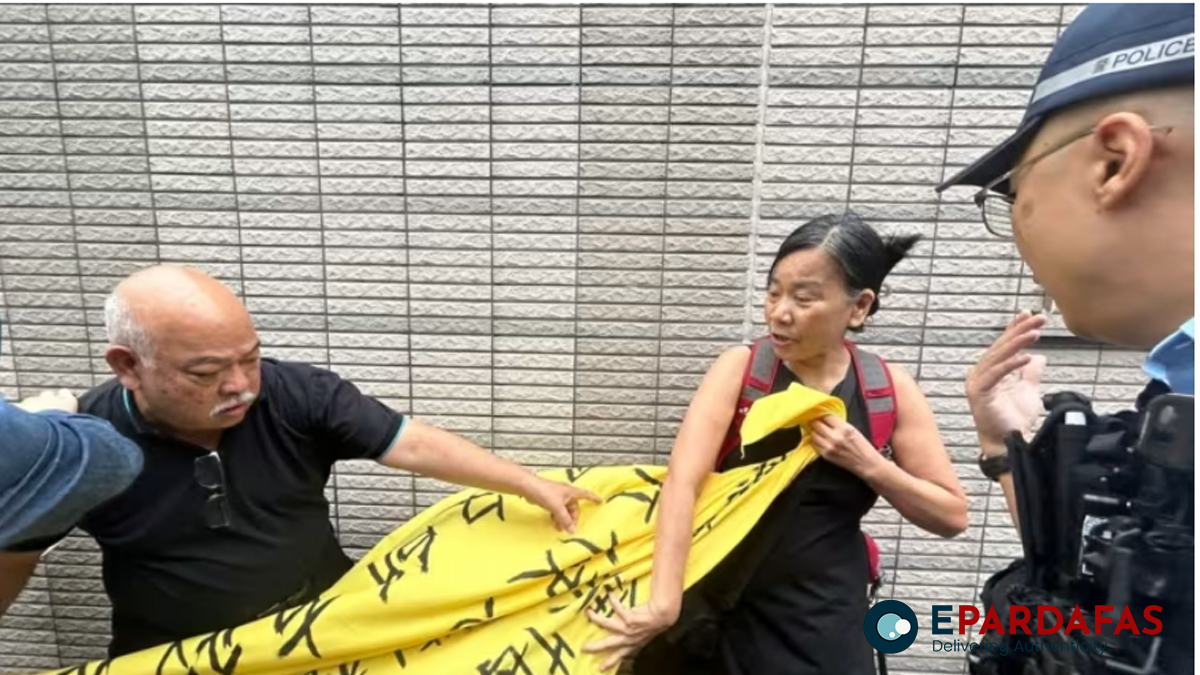
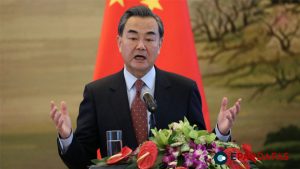
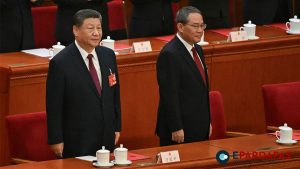
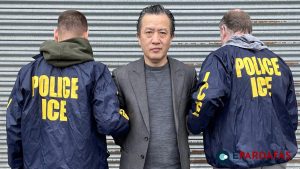

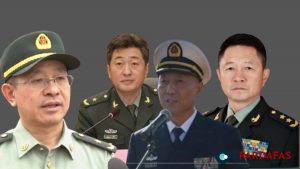
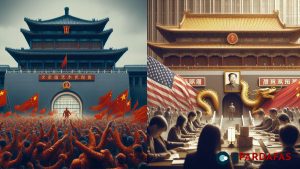
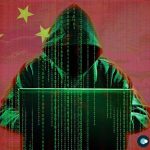
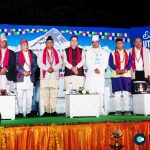
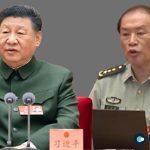

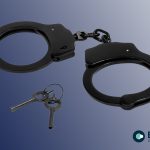

Comments